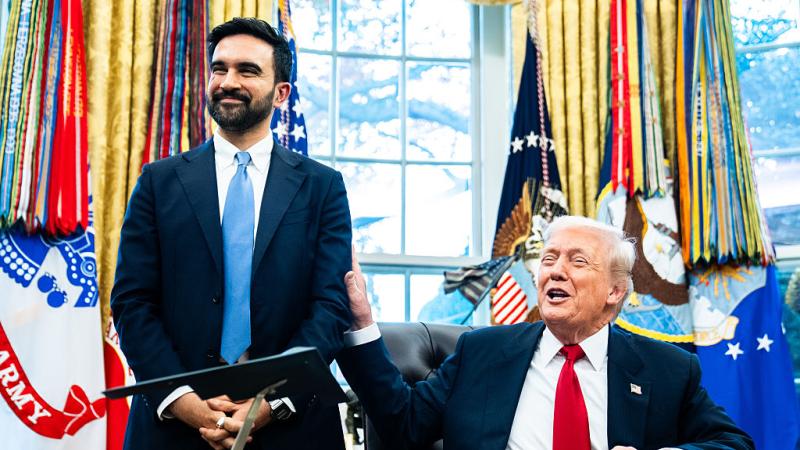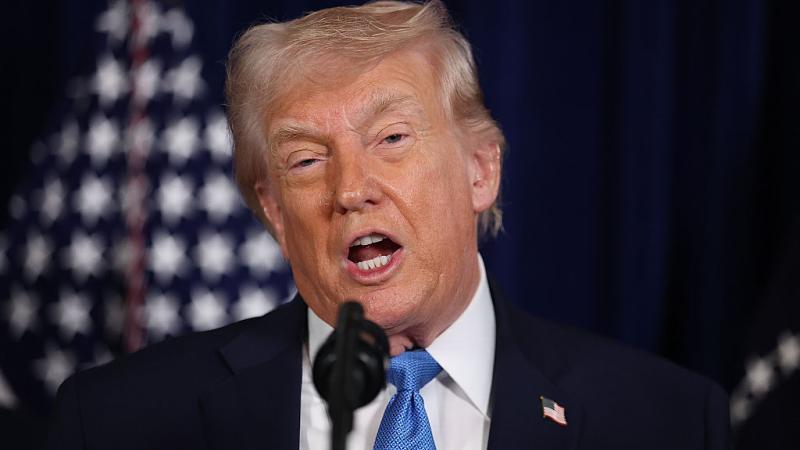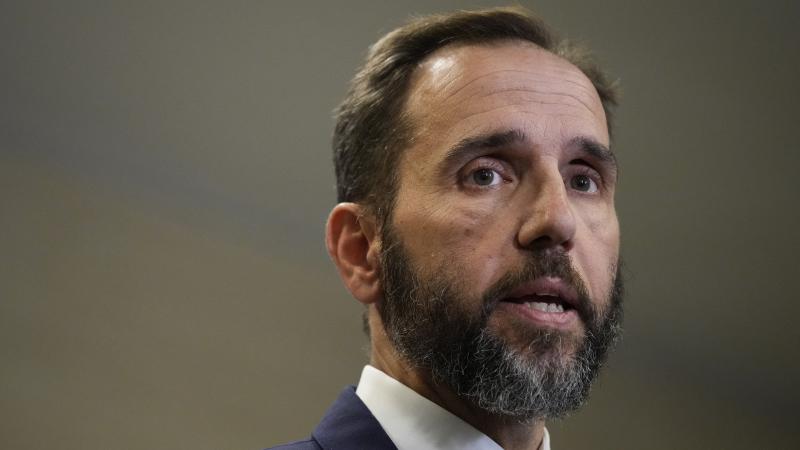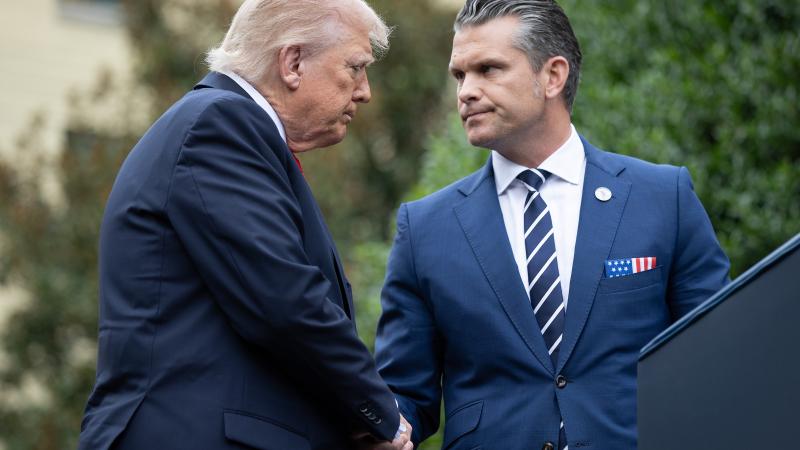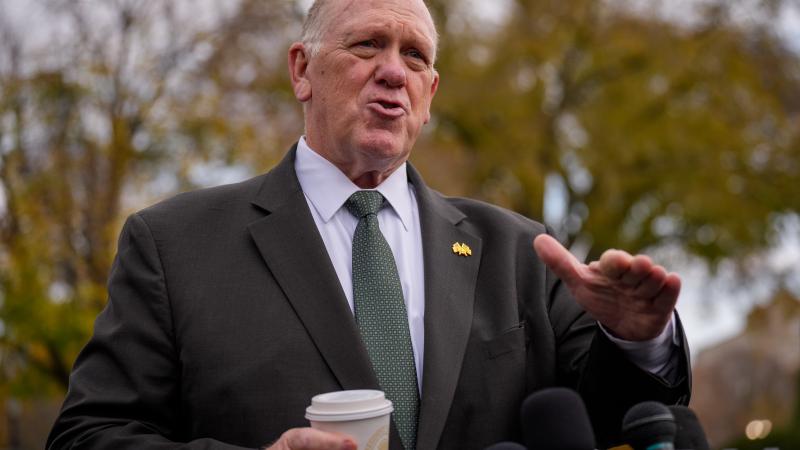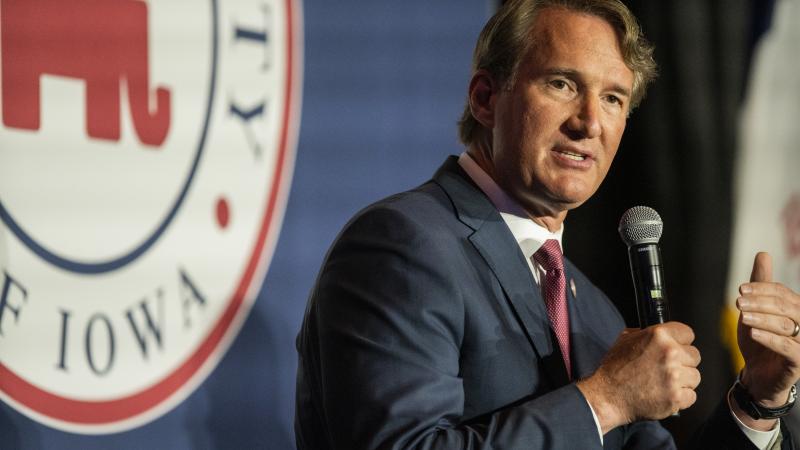Attorneys general push Congress for 'right-to-repair' legislation
Legislation would protect independent repair shops and the discretion of vehicle owners to choose the mechanic of their choice.
Arizona Attorney General Kris Mayes is one of 27 bipartisan attorneys general calling for the 118th Congress to reintroduce Right-To-Repair legislation, arguing for the protection of independent repair shops and the discretion of vehicle owners.
Currently, regulations in place favor Original Equipment Manufacturers, such as car and farm equipment companies. Laws require that only OEM tools and materials be used for repairs, arguing for the safety and cohesion of products. The 27 attorneys general, in contrast, believe it unfairly creates a monopoly against independent repair shops and everyday citizens.
“Consumers, especially those in rural areas, should have the right to choose where they repair their vehicles, farm equipment, and electronic devices, without facing inflated costs or limited options,” Mayes said. “Expansive Right-to-Repair legislation would protect consumers’ rights and promote much-needed competition in the repair market.”
The 117th Congress introduced three bills relating to OEM trust-busting, but none of them made it to vote. Among the bills was the Fair Repair Act, introduced in June 2021, which would require OEMs to provide independent repair companies the necessary documentation, parts and tools, allowing farmers to make on-the-spot repairs possible again.
The SMART Act, introduced in June 2021, would have allowed repair shops to use alternative or off-brand parts to repair vehicles, lowering consumer costs.
The REPAIR Act of Feb. 2022 would allow a vehicle’s owner to gain access to diagnostic data for repair purposes, and prevent OEMs from mandating certain brands be used for replacements and tools.
Current manufacturing methods make independent repairs often impossible, due to OEMS applying difficult adhesives, artificially limiting part and tool availability, or making diagnostic software unavailable to the public.
The Car Coalition, an independent auto parts manufacturing group, found 78% of voters agreed with the dismissed Right-to-Repair legislation and 92% of voters agree consumers should be able to discern between branded and aftermarket car parts when making repairs. In a national survey conducted by the National Farmers Union, 95% of farmers supported Right-to-Repair.




